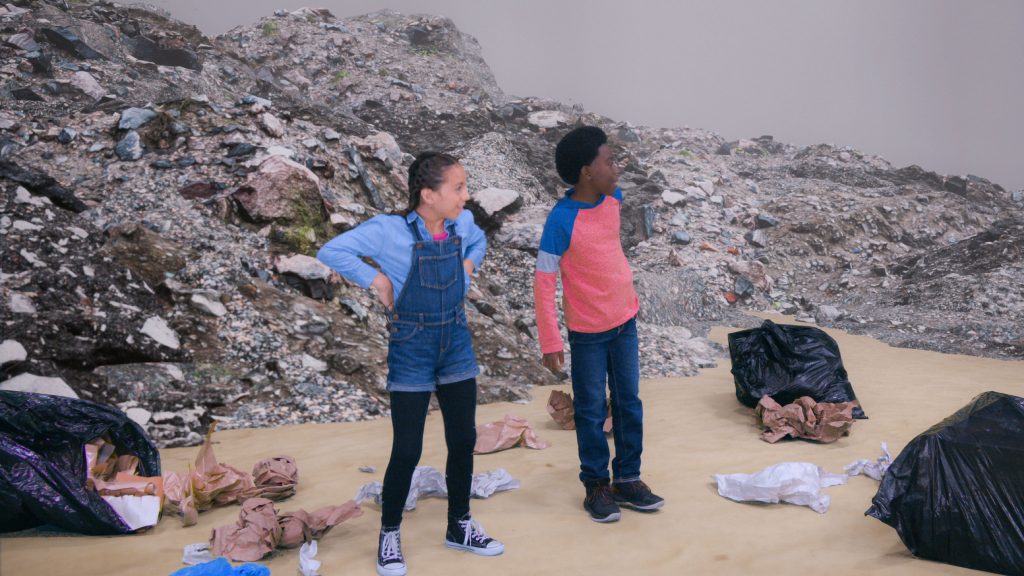
Anything that is found in nature that can be used by living things is a natural resource. This includes water, forests, fossil fuels, minerals, plants, animals and even air.
To better understand natural resources…
LET’S BREAK IT DOWN!
People need natural resources.
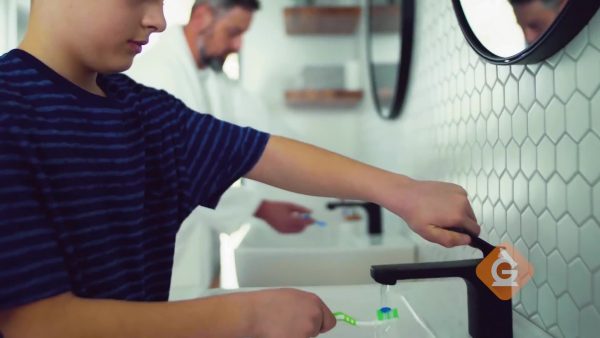
Living things depend on natural resources to survive. People need water to drink, air to breath and wood or metal to build a shelter. We also need to power our cars and heat our homes.

Water is a natural resource.
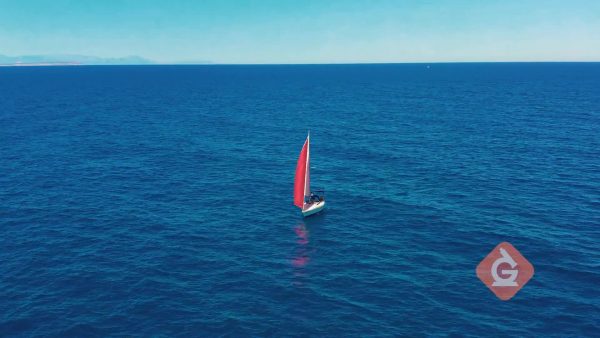
Every living thing needs water to survive. Water can be found in oceans, rivers, lakes, underground and frozen in glaciers. Only a small amount of water on Earth is freshwater.

Wood is a natural resource.
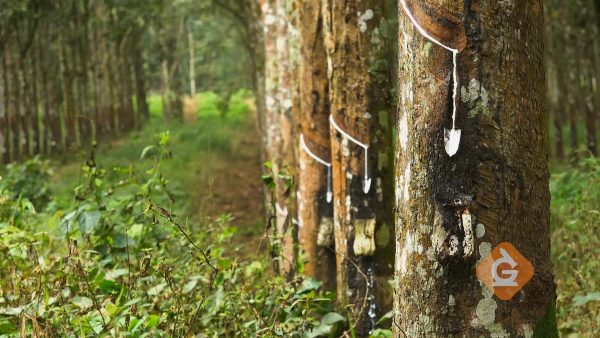
Wood is a natural material made from trees. We use wood to make pencils and paper. It can also be used to build a house and when it burns it makes heat.

Fossil fuels are a natural resource.
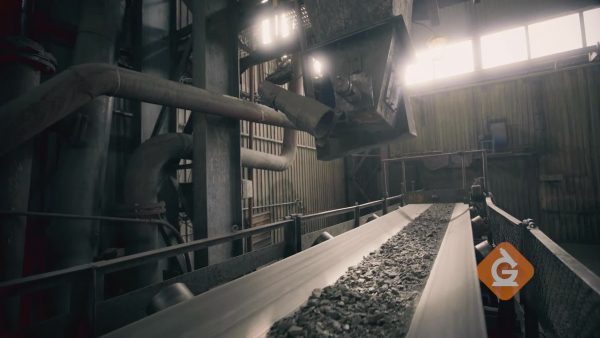
Coal, oil and natural gas are all fossil fuels. They form deep in the Earth from dead plants and animals. It takes millions of years for them to form.

We need to conserve natural resources.
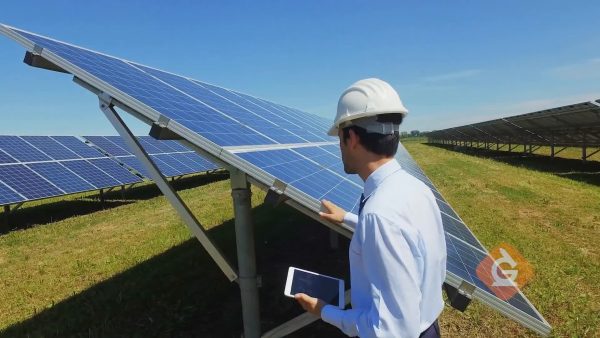
Many natural resources can be used up, so we must use them wisely. We can conserve natural resources by following the 3R’s: Reduce, Reuse and Recycle.

NATURAL RESOURCES VOCABULARY
NATURAL RESOURCES DISCUSSION QUESTIONS
How do people use natural resources?
Can there be shortages of natural resources?
Why are fossil fuels considered limited resources?
What is one way you can conserve natural resources?
What examples of natural resources can you find around you?
Could we survive without natural resources?
Skip, I will use a 3 day free trial
Enjoy your free 30 days trial
We use cookies to make your experience with this site better. By using this site you agree to our use of cookies. Click "Decline" to delete and block any non-essential cookies for this site on this specific property, device, and browser. Please read our privacy policy for more information on the cookies we use.Learn More
We use cookies to improve your experience. By using this site, you agree to our use of cookies. Click "Decline" to block non-essential cookies. See our privacy policy for details.Learn More






